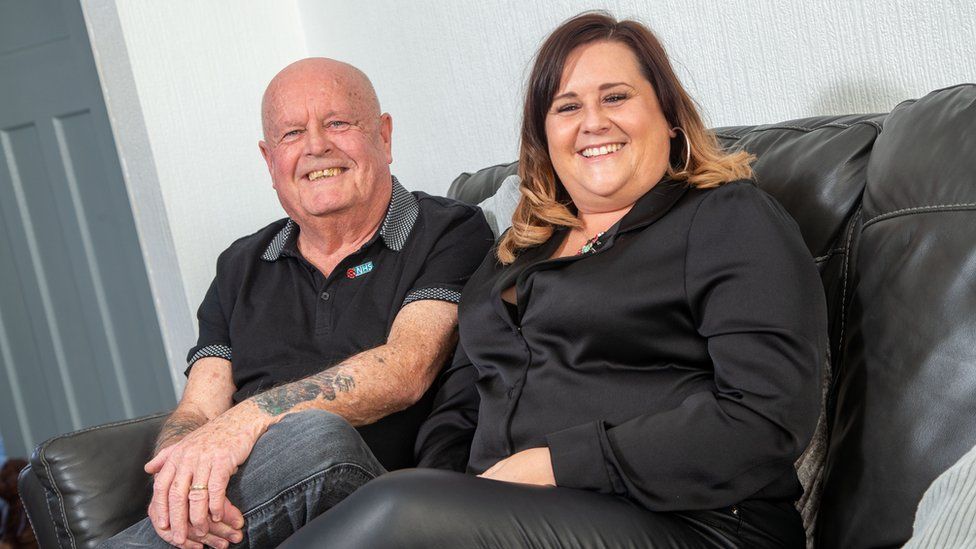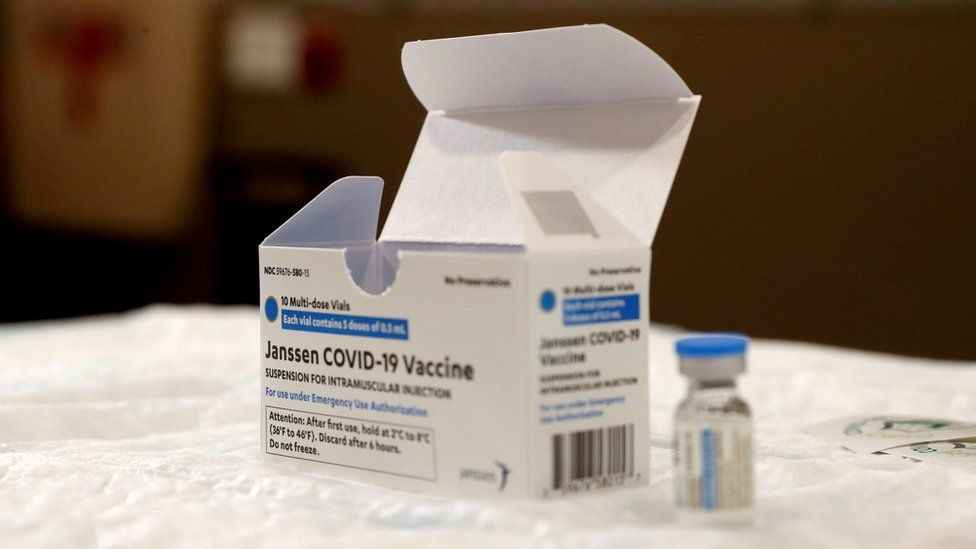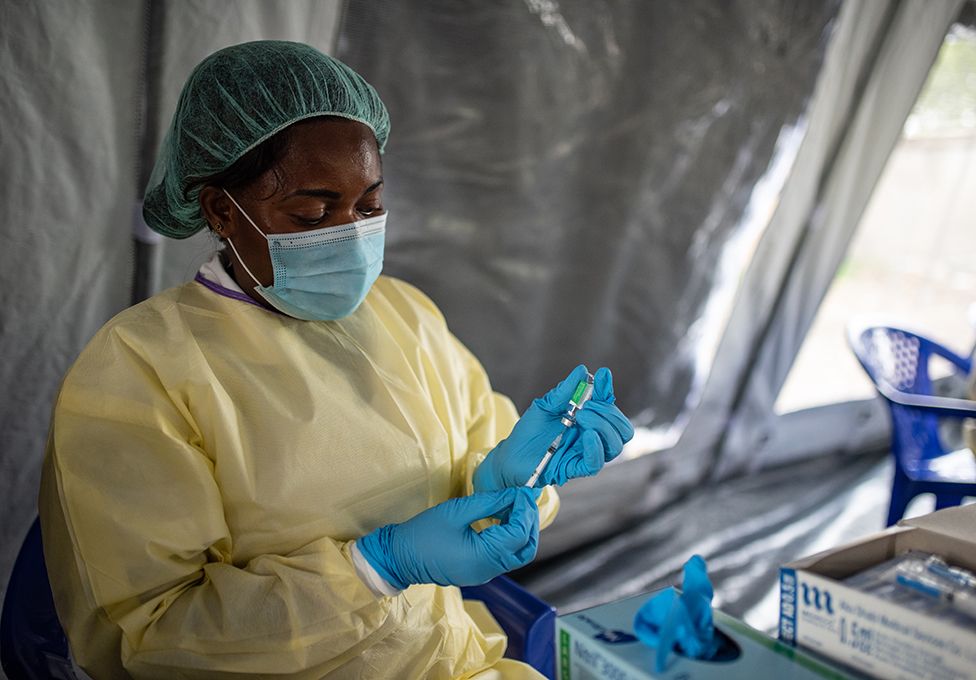Millions are dying from drug-resistant infections, global report says
SharecloseShare pageCopy linkAbout sharingImage source, Getty ImagesMore than 1.2 million people died worldwide in 2019 from infections caused by bacteria resistant to antibiotics, according to the largest study of the issue to date.This is more than the annual death toll from malaria or Aids.Poorer countries are worst affected but antimicrobial resistance threatens everyone’s health, the report says.Urgent investment in new drugs and using current ones more wisely are recommended to protect against it.The overuse of antibiotics in recent years for trivial infections means they are becoming less effective against serious infections. People are dying from common, previously treatable infections because the bacteria that cause them have become resistant to treatment. UK health officials recently warned antimicrobial resistance (AMR) was a “hidden pandemic” that could emerge in the wake of Covid-19 unless antibiotics were prescribed responsibly.Particularly deadly The estimate of global deaths from AMR, published in the Lancet, is based on an analysis of 204 countries by a team of international researchers, led by the University of Washington, US.They calculate up to five million people died in 2019 from illnesses in which AMR played a role – on top of the 1.2 million deaths it caused directly. In the same year, Aids (acquired immune deficiency syndrome) is thought to have caused 860,000 deaths and malaria 640,000.Image source, Getty ImagesMost of the deaths from AMR were caused by lower respiratory infections, such as pneumonia, and bloodstream infections, which can lead to sepsis.MRSA (methicillin-resistant Staphylococcus aureus) was particularly deadly, while E. coli, and several other bacteria, were also linked to high levels of drug resistance.Using patient records from hospitals, studies and other data sources, the researchers say young children are at most risk, with about one in five deaths linked to AMR being among the under-fives.Deaths from AMR were estimated to be:highest in sub-Saharan Africa and South Asia, at 24 deaths in every 100,000lowest in high-income countries, at 13 in every 100,000Prof Chris Murray, from the Institute for Health Metrics and Evaluation at the University of Washington, said the new data revealed the true scale of antimicrobial resistance worldwide and was a clear signal immediate action was needed “if we want to stay ahead in the race against antimicrobial resistance.Other experts say better tracking of resistance levels in different countries and regions is essential.Dr Ramanan Laxminarayan, from the Centre for Disease Dynamics, Economics and Policy, in Washington DC, said global spending on addressing AMR needed to rise to levels seen for other diseases.”Spending needs to be directed to preventing infections in the first place, making sure existing antibiotics are used appropriately and judiciously, and to bringing new antibiotics to market,” he said.Much of the world faced the challenge of poor access to affordable, effective antibiotics – and that needed to be taken seriously by political and health leaders everywhere, Dr Laxminarayan added.This video can not be playedTo play this video you need to enable JavaScript in your browser.Antibiotic resistance – NHSThe BBC is not responsible for the content of external sites.
Read more →







